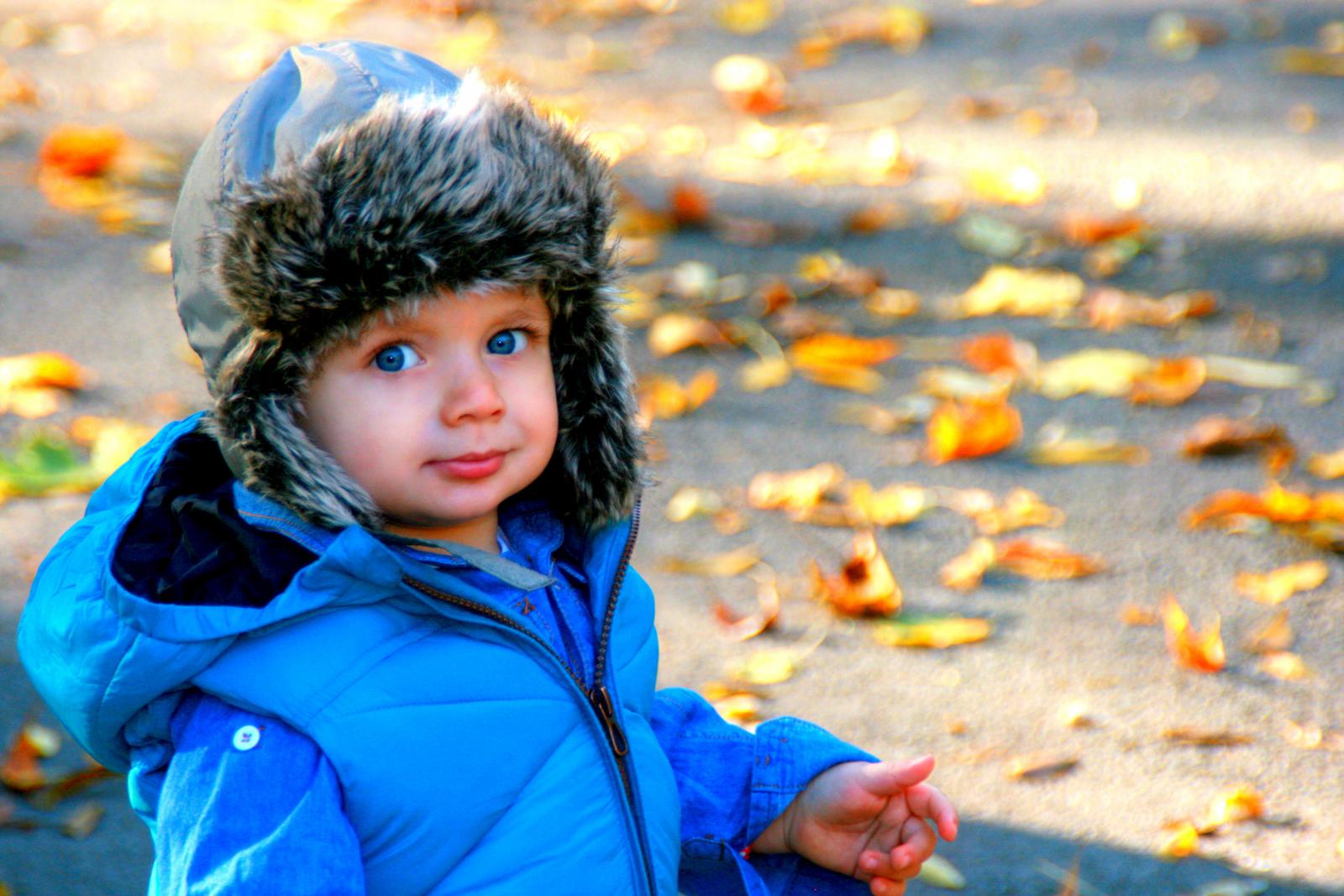Monday, December 11, 2017 - 1:45pm
 (Courtesy of National Center on Early Childhood Health and Wellness (NCECHW))
(Courtesy of National Center on Early Childhood Health and Wellness (NCECHW))
Children are more vulnerable than adults to the effects of cold weather. Share these tips with Head Start parents and staff to keep children safe, healthy, and warm this winter.
Sleeping Safely in Any Season
- Keep babies' cribs free of stuffed animals and extra blankets. A firm mattress covered with a tight-fitting crib sheet is all that an infant needs to sleep safely.
- If you are worried about keeping babies warm, dress them in a wearable blanket, also known as a sleep sack.
Bundle Up!
- Children are at greater risk for frostbite than adults. The best way to prevent frostbite is to make sure children dress warmly and don't spend too much time outside in extreme weather.
- Dress children in layers of warm clothing. If the top layer gets wet, they will still have a dry layer underneath.
- Tuck scarves inside coats and jackets to prevent them from becoming strangulation hazards.
- Car seats and winter coats don't mix. Bulky coats can compress in a crash and create a loose car seat harness. Instead, lay the jacket or a blanket over children once you've safely strapped them into their car seat.
Keeping Healthy Outdoors
- There's no set amount of time for children to play outside safely when the weather is cold. Use your best judgment. When the cold becomes unpleasant, it's time to go inside.
- If you are unsure if weather conditions are safe for outdoor play, check the Child Care Weather Watch Chart.
- Have children come indoors periodically to prevent hypothermia or frostbite. A temperature of zero degrees Fahrenheit and a wind speed of 15 mph creates a wind chill temperature of -19 degrees Fahrenheit. Under these conditions, frostbite can occur in just 30 minutes.
- Frost nip is an early warning sign of frostbite. The skin may feel numb or tingly or appear red (on lighter skin).
- To prevent frostbite, check that mittens and socks are dry and warm. Frostbite occurs mostly on fingers, toes, ears, noses, and cheeks. The affected area becomes very cold, firm, and, depending on the color of the skin, turns white, yellowish-gray, or gray.
- Even though it's cold outside, it's important to use sunscreen and stay hydrated. Children are more likely than adults to become dehydrated.
Staying Safe Indoors and in Vehicles
- Keep anything that can burn at least three feet away from heating equipment, including furnaces, fireplaces, wood stoves, and portable space heaters.
- Set up a three-foot “kid-free zone” around open fires and space heaters.
- Remember to turn portable heaters off when leaving the room.
- Test smoke alarms at least once a month.
- Vent all fuel-burning equipment to the outside to avoid carbon monoxide (CO) poisoning.
- Install and maintain CO alarms. Keep alarms at least 15 feet away from fuel-burning appliances.
- If you need to warm up your vehicle, remove it from the garage as soon as you start it to avoid the risk of CO poisoning. Don't leave a vehicle running inside a garage.
- If vehicles are parked outside, check to make sure the tailpipe is not blocked with snow, which can also cause problems with CO.
Infection Control
- Cold weather does not cause colds or flu. However, viruses that cause a cold and the flu are more common in the winter when children spend more time indoors.
- Keeping everyone's hands clean is one of the most important ways to avoid getting sick and spreading germs to others. Wash hands with soap and clean running water, and rub them together for at least 20 seconds.
- Teach children to cough or sneeze into their upper sleeve or elbow, not their hands. Adults should model this behavior.
- Review program policies on hand washing; cleaning, sanitizing, and disinfecting; and excluding children and caregivers who are sick.
- The U.S. Centers for Disease Control and Prevention and the American Academy of Pediatrics recommend that all children 6 months and older receive the seasonal flu vaccine every year. All early care and education program staff should also get vaccinated for the flu.
Questions?
Contact the National Center on Early Childhood Health and Wellness at heath@ecetta.info or call (toll-free) 1-888-227-5125.

